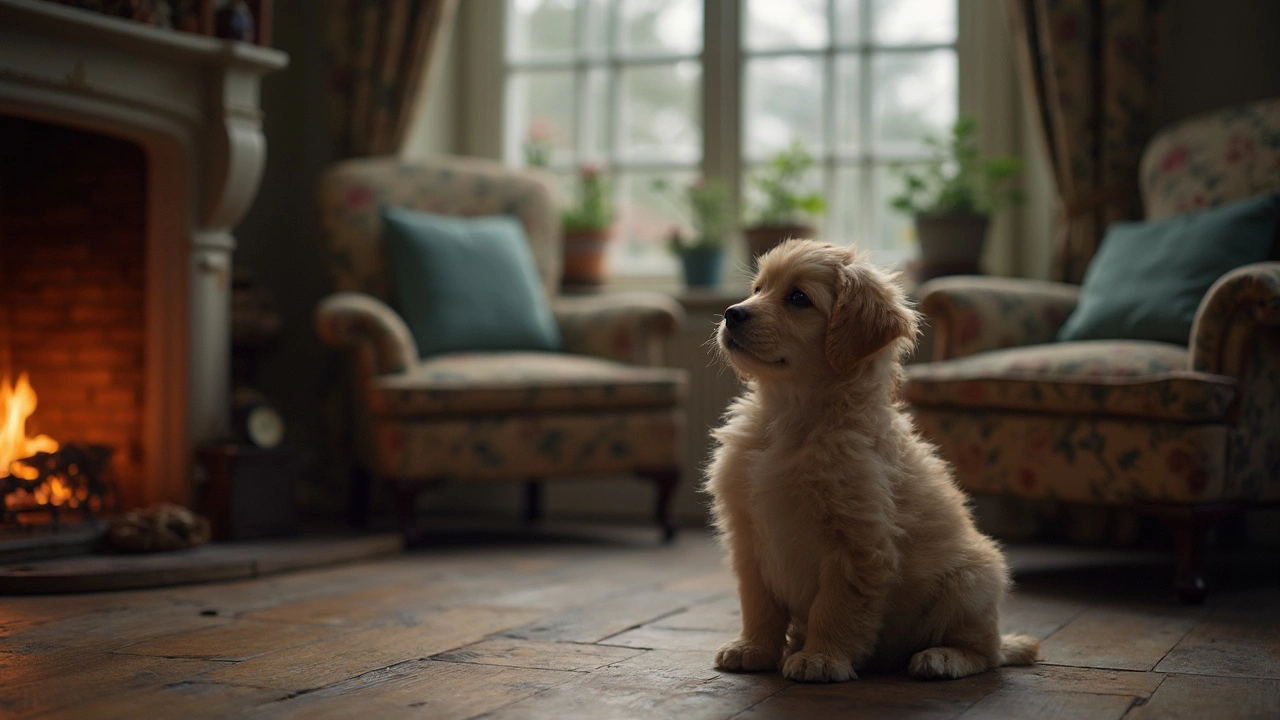Night Behavior in Dogs: Tips to Keep Your Pup Calm After Dark
Ever wonder why your dog suddenly becomes a night owl? One minute you’re both settled, the next your pup is pacing, whining, or barking. It’s frustrating, but the good news is most nighttime issues have easy fixes.
Common Nighttime Issues
Typical night behavior includes nonstop barking, pacing around the house, sudden bathroom trips, and even chewing on furniture. Some dogs whine at the slightest sound, while others just won’t settle in their crate. These actions often signal a need you haven’t met yet.
Hunger is a sneaky culprit. If your dog’s last meal is too early, an empty belly can drive restlessness. Lack of exercise is another big factor—an energetic dog with unused energy will find a way to burn it, even after lights out. Anxiety, whether from separation or new surroundings, also flares up when it’s quiet.
Before changing routines, rule out medical reasons. Pain, digestive upset, or an overactive bladder can cause nighttime disruption. A quick vet check will give you peace of mind and keep you from treating a symptom with the wrong solution.
Practical Ways to Improve Night Behavior
Start with a consistent bedtime routine. A short walk, a calm play session, and a gentle petting period cue your dog that sleep time is coming. Keep the routine the same every night so your pup learns to anticipate it.
Make sure your dog gets enough exercise earlier in the day. A tired dog is a quiet dog. Aim for a longer walk or a game of fetch at least a couple of hours before bedtime so the energy can burn off naturally.
Create a safe, comfy sleeping spot. A crate with a soft blanket, or a designated dog bed in a low‑traffic area, signals “this is where you rest.” If the space feels secure, the dog is less likely to wander.
Limit water intake about an hour before bed. Too much water means extra trips to the outdoors, which breaks up sleep. Offer the last drink earlier in the evening, then remove the bowl.
Consider calming aids like a snug blanket, a pheromone diffuser, or a low‑noise white‑noise machine. These tools can drown out sudden noises that trigger barking or pacing.
Finally, keep a quick note of any patterns you see. Does your dog act out after a storm? After a new family member? Knowing the trigger helps you address the root cause rather than just the symptom.
Night behavior doesn’t have to steal your sleep. With a steady routine, enough exercise, and a comfy sleep zone, most dogs settle down naturally. Try one change at a time, watch the results, and give your pup the calm night they deserve.
- Morgan Ainsworth
- 0 Comments
Should I Ignore My Puppy Crying at Night?
Understanding why puppies cry at night is essential for new pet owners. This article discusses whether ignoring their cries is beneficial or detrimental. It explores the underlying causes of nighttime crying and provides practical strategies for comforting your furry friend while establishing healthy sleep habits. Learn when to respond to your puppy's cries and techniques to reduce nighttime disruptions.
View More
